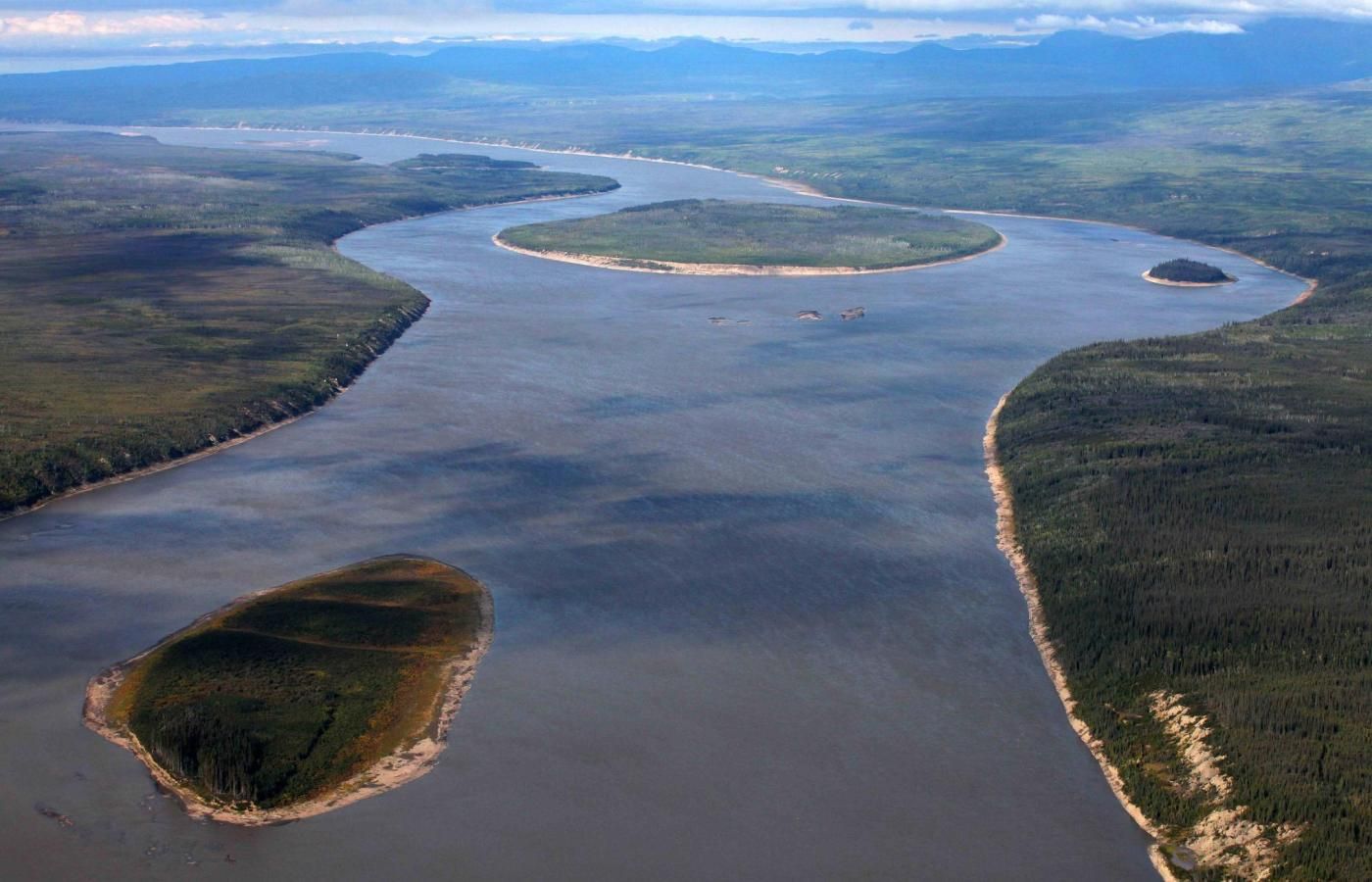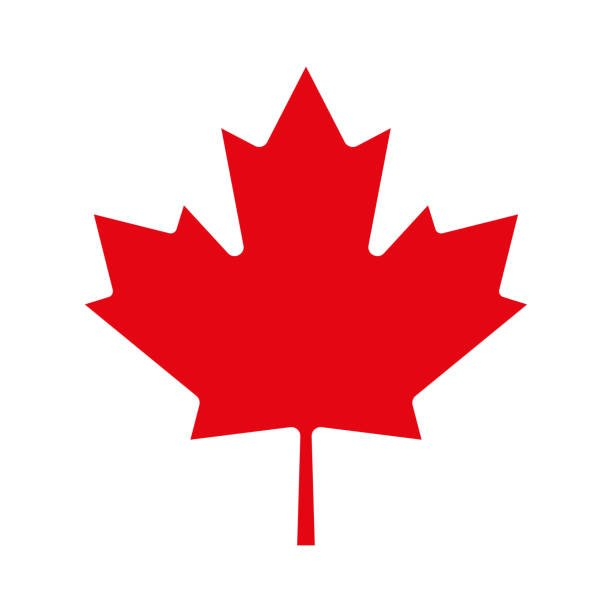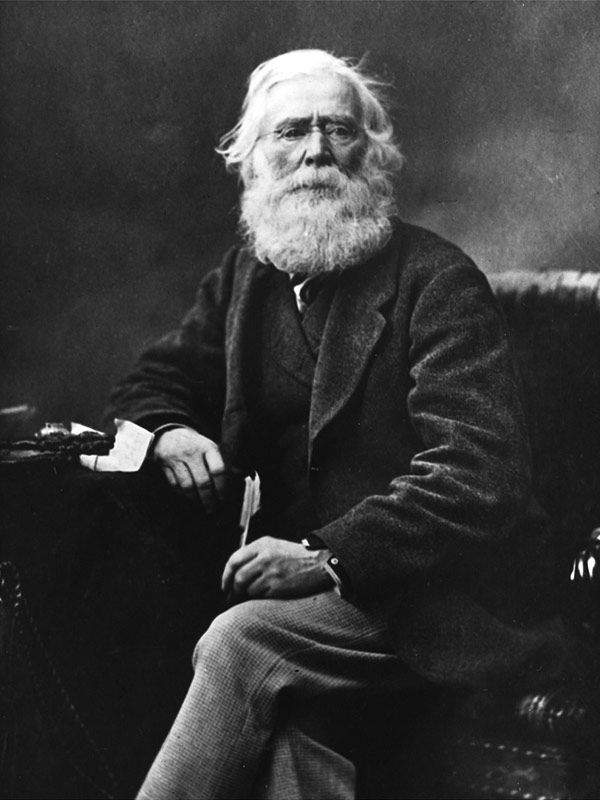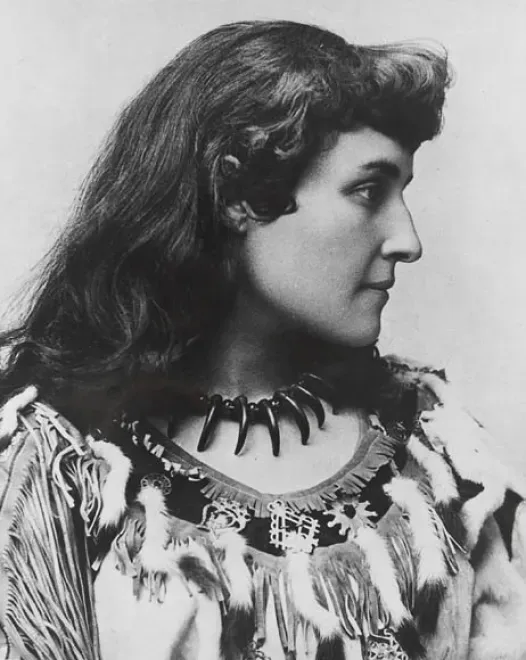Canadian Traditions
Canada is a melting pot of cultures, traditions and values. But what are the most common Canadian traditions? You may be surprised to learn that there are many similarities among all Canadians, no matter what province you’re from. From coast to coast, we all share certain traditions. And while each region has its own take on the same tradition, there’s an underlying commonality because these rituals and celebrations speak to something fundamental about being human and being Canadian. In this blog post, we’ll cover everything from regional food festivals to New Year’s resolutions across Canada. So read on to discover more about our shared national and provincial traditions as well as some lesser-known ones.
New Year’s Traditions
First, let’s start with New Year’s traditions. New Year’s celebrations are a great example of how the same tradition can be interpreted and celebrated differently in various parts of the country. While the rest of the world is looking forward to 2020, in Canada we celebrate the New Year on December 31, 2019. Why? Because way back when when Canada was first settled, people used the solar calendar (with the seasons changing at the equinox) rather than the modern calendar based on the cycles of the moon. New Year’s is one of the most important celebrations of the year, so let’s take a quick look at some of the traditions that make up our New Year’s celebrations. New Year’s Eve - On the last day of the year, people will often host parties (often called New Year’s Eve parties). Friends, family and neighbours celebrate the transition into a new year with food, drinks and music. New Year’s Day - New Year’s Day is celebrated in many different ways. New Year’s Day is a statutory holiday in every province in Canada. In Quebec, New Year’s Day is a public holiday that is sometimes called “jour de l’an”. In some parts of the country, New Year’s Day is marked by eating black-eyed peas and collard greens (or cabbage) for good luck. This tradition comes from the Southern U.S., and has since spread to other parts of Canada. Other New Year’s Day celebrations include watching fireworks and making New Year’s resolutions.
Eating Traditions
If you ask any Canadian what food is most closely associated with their home province, they’ll probably tell you “poutine,” “bannock,” or “maple syrup.” These are all foods that are strongly associated with Canadian culture. Across the country, there are many eating traditions that mark special occasions or are tied to important dates on the calendar. Some of these food traditions are regional and others are more national in scope. Special Dietary Needs - All Canadians, as well as visitors to Canada, who have special dietary needs can expect a warm welcome when visiting a restaurant. Canada has a growing culture of veganism, vegetarianism and other food sensitivities. Many restaurants have menus that cater to these dietary needs.
Sports Traditions
One of the things Canadians are most passionate about is sports. Hockey, especially, is an important part of Canadian tradition. Hockey is played all over the country, with local leagues and on a professional level. Hockey and other sports are tied to Canadian holidays, important dates and cultural celebrations. In some parts of the country, people play outdoor hockey with their friends and neighbours on the frozen ponds and lakes every winter during a special season called “winter.” Winter Sports - Across the country, people play outdoor sports such as hockey and curling. They ski and snowboard, and they ice skate on frozen lakes. Summer Sports - In the summer, Canadians play sports like tennis, golf and soccer. They also swim in lakes, rivers and oceans.
Spring and Summer Celebrations
Spring and summer are times for celebration, when people get together to mark special occasions and remember important events in Canadian history. In many parts of the country, the end of winter is celebrated with the coming of spring. Summer is often marked by celebrations that honour Canada’s past and its original peoples. Spring Festivals - In many parts of the country, spring is celebrated with festivals and fairs. These special events often mark the change of seasons. Summer Festivals - In the summer, many regions have their own celebrations that celebrate history and culture. Many summer festivals honour the original peoples of Canada.
Fall Traditions
In the fall, Canadians celebrate harvest time and the start of another new year. In many regions, the harvest festival is an important celebration that marks the end of the growing season. It’s a time to celebrate the end of another growing season with family and friends. Many of Canada’s fall celebrations are based on harvesting and reaping the harvest. In some parts of the country, the fall harvest festival is called “fall.” Other regions have celebrations that honour a special date in history. Harvest and Fall Festivals - In many parts of the country, the fall harvest festival is an important celebration that marks the end of the growing season. It’s a time to celebrate with family and friends and share the harvest.
Culture and Art Celebrations
Each year, there are a number of celebrations that honour Canadian culture and art. These celebrations include events that showcase everything from new Canadian musical talent (such as Canadian Music Week) to arts and literature (such as the Man Booker Prize for Fiction). Some celebrations are annual events that are held each year, while others are long-running festivals or events. These celebrations help promote Canadian culture and art and help promote Canadian artists and performers. In addition to these celebrations, many Canadian cities have festivals that celebrate the culture of the region. These multi-day celebrations often include art exhibits, live music, food, fireworks and more.
Conclusion
As you can see, Canada is a country that celebrates many different traditions. From food to sports, you can expect to find something to celebrate just about any time of the year. What are some of your favourite Canadian traditions? Remember, these traditions are what make us Canadian. They are what binds us as a nation and allows us to share our culture with the world. These celebrations also remind us of where we come from and the values and beliefs we share.



